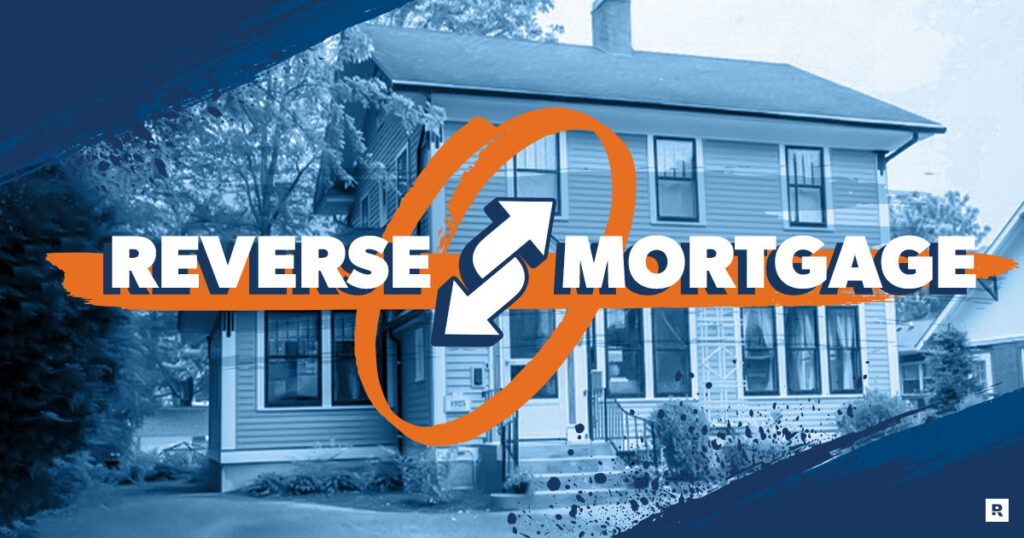Overview of Reverse Mortgages in California
Reverse mortgages in California are governed by federal guidelines, but there are specific state considerations and regulations, especially due to the high property values in many areas. Understanding these nuances is essential for California homeowners considering this financial option.
Detailed Steps to Obtain a Reverse Mortgage in California
1. Eligibility Check
- Age Requirement: You must be at least 62 years old.
- Home Ownership: You should either own your home outright or have a significant amount of equity.
- Primary Residence: The property must be your primary residence.
- Counseling Session
- HUD-Approved Counseling: Attend a mandatory counseling session with a HUD-approved counselor. This session ensures that you understand the financial implications and responsibilities of a reverse mortgage.
- Information Packet: The counselor will provide a packet of information detailing the loan process, fees, and potential alternatives to a reverse mortgage.
1. Finding a Lender
- Research: Look for lenders with experience in reverse mortgages, particularly those who understand the California real estate market.
- Compare Offers: Obtain quotes from multiple lenders to compare interest rates, fees, and loan terms.
- Reputation Check: Check the lender’s reputation through reviews, BBB ratings, and any consumer complaints.
1. Application Process
- Documentation: Prepare necessary documents such as proof of age, homeownership, mortgage statements, and income details.
- Submit Application: Complete the application form and submit it along with the required documentation.
- Pre-Approval: Some lenders might offer pre-approval based on initial information provided.
1. Appraisal and Underwriting
- Home Appraisal: The lender will order an appraisal to determine your home’s market value.
- Underwriting: The lender’s underwriting team will review your application, appraisal report, and financial status to assess your eligibility.
1. Loan Approval and Closing
- Loan Approval: Once approved, you’ll receive a commitment letter outlining the loan terms and conditions.
- Closing Meeting: Attend the closing meeting to sign all necessary documents. You may choose to have the meeting at a title company or another convenient location.
- Funds Disbursement: After closing, you’ll receive the loan proceeds. Disbursement can be in a lump sum, monthly payments, a line of credit, or a combination of these options.
California-Specific Considerations
1. Property Values
- High Property Values: In regions with higher property values, the loan amount you can access may be greater. However, this is also influenced by the Federal Housing Administration’s (FHA) lending limits.
- Equity Utilization: Be mindful of how much equity you’re converting into loan proceeds, considering future needs and potential housing market fluctuations.
1. State Regulations
- Consumer Protection Laws: California has specific consumer protection laws to safeguard homeowners from predatory lending practices. Familiarize yourself with these regulations to ensure you’re dealing with a reputable lender.
- Additional Disclosures: State laws may require additional disclosures from lenders, providing more transparency about fees, loan terms, and borrower obligations.
1. Tax and Estate Planning Implications
- Property Taxes: Reverse mortgage proceeds are typically not taxable, but it’s essential to stay current on property taxes and homeowners insurance.
- Impact on Estate: Consider the effect of a reverse mortgage on your estate and heirs. The loan must be repaid when the last surviving borrower passes away, sells the home, or no longer lives in it as the primary residence.
Conclusion
Obtaining a reverse mortgage in California involves several steps, from checking your eligibility and attending a counseling session to finding a suitable lender and completing the application process. Understanding California-specific considerations, such as high property values and state regulations, is crucial for making an informed decision. By carefully navigating each step and consulting with professionals, you can leverage a reverse mortgage to enhance your financial stability in retirement.
